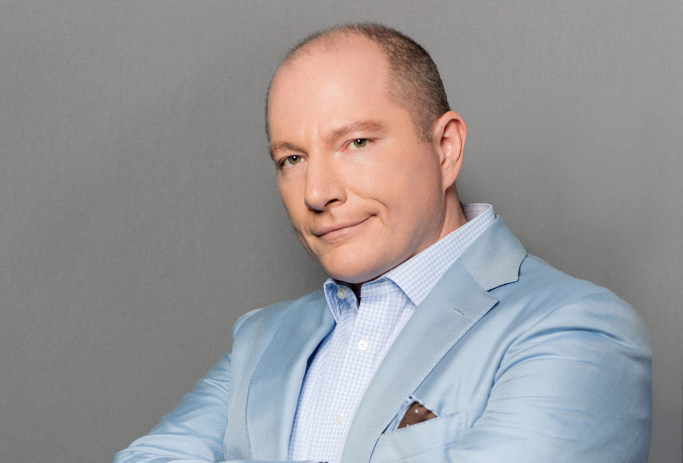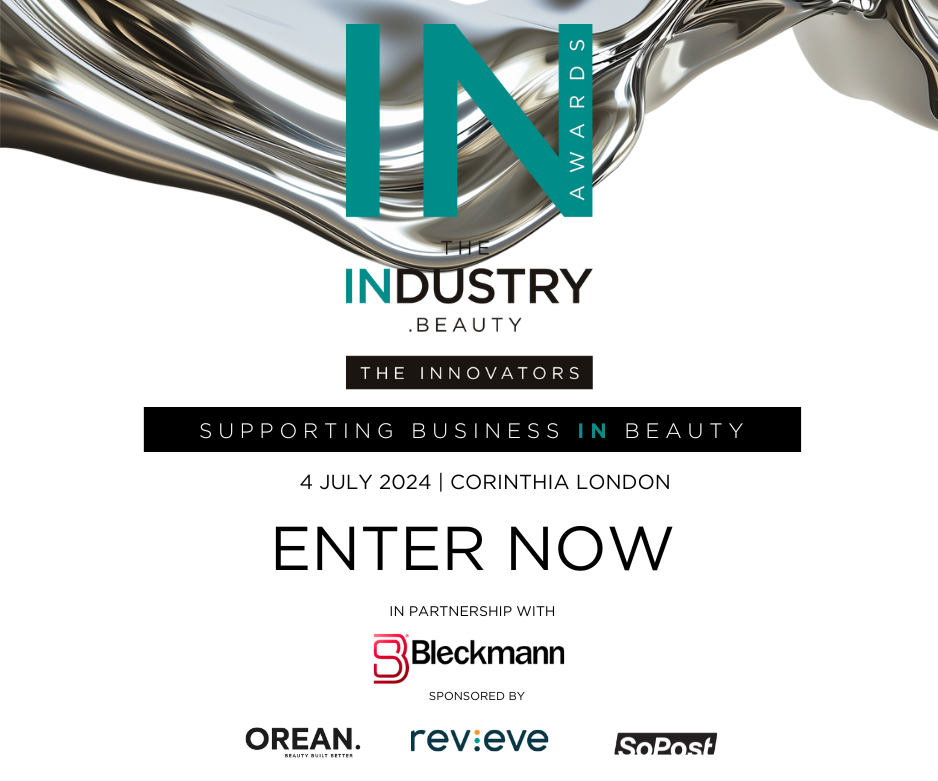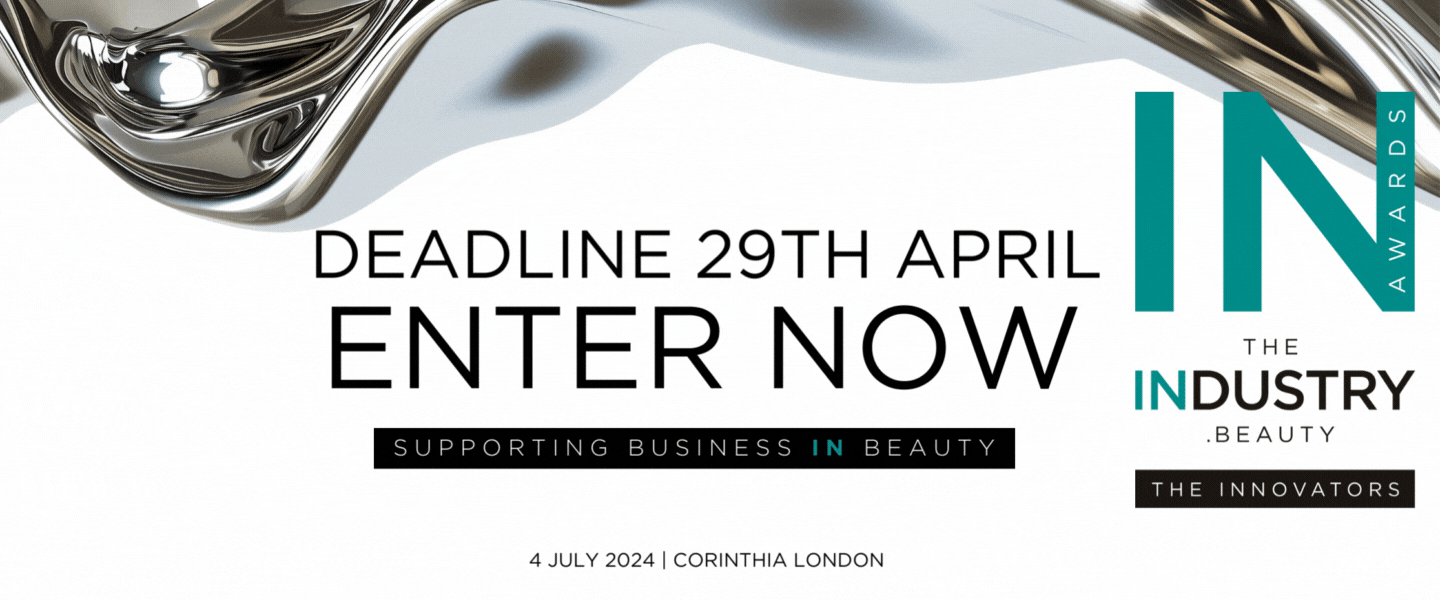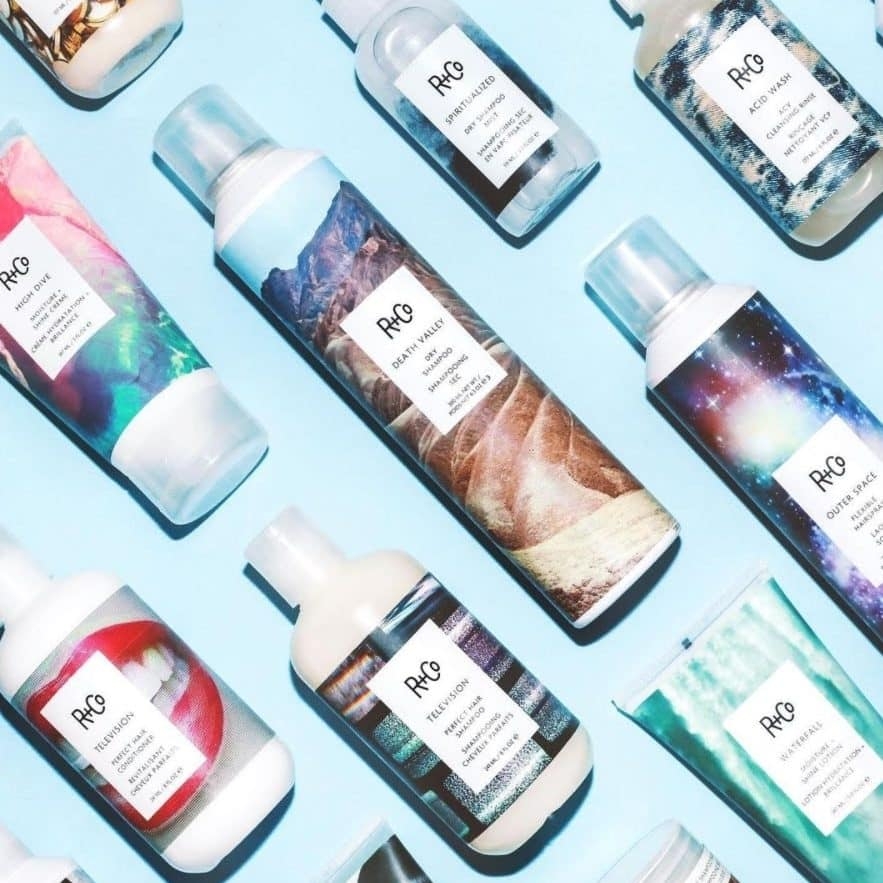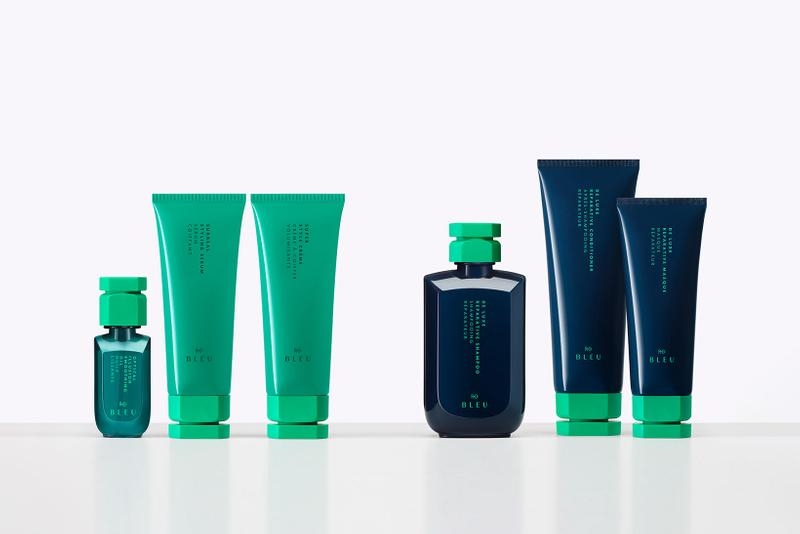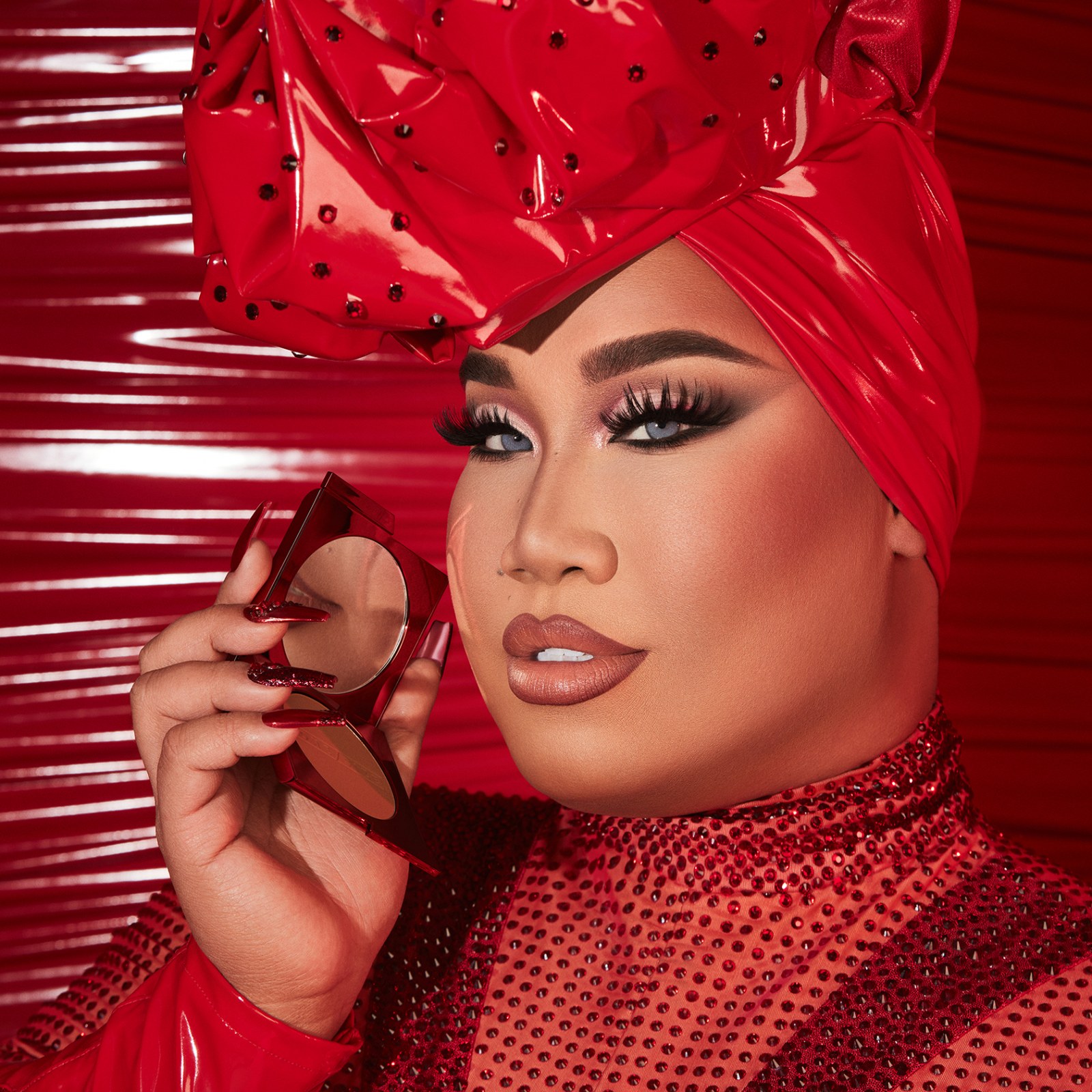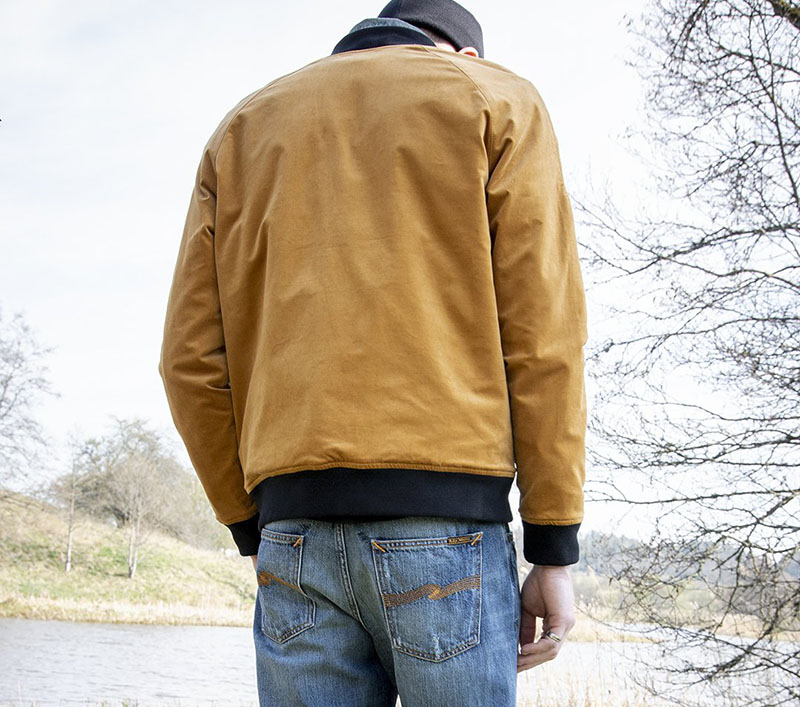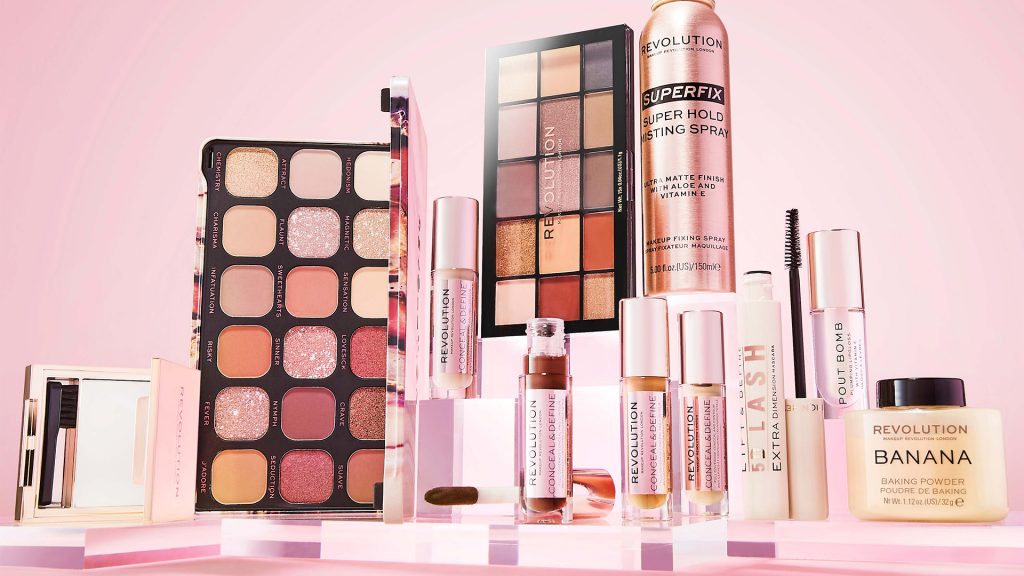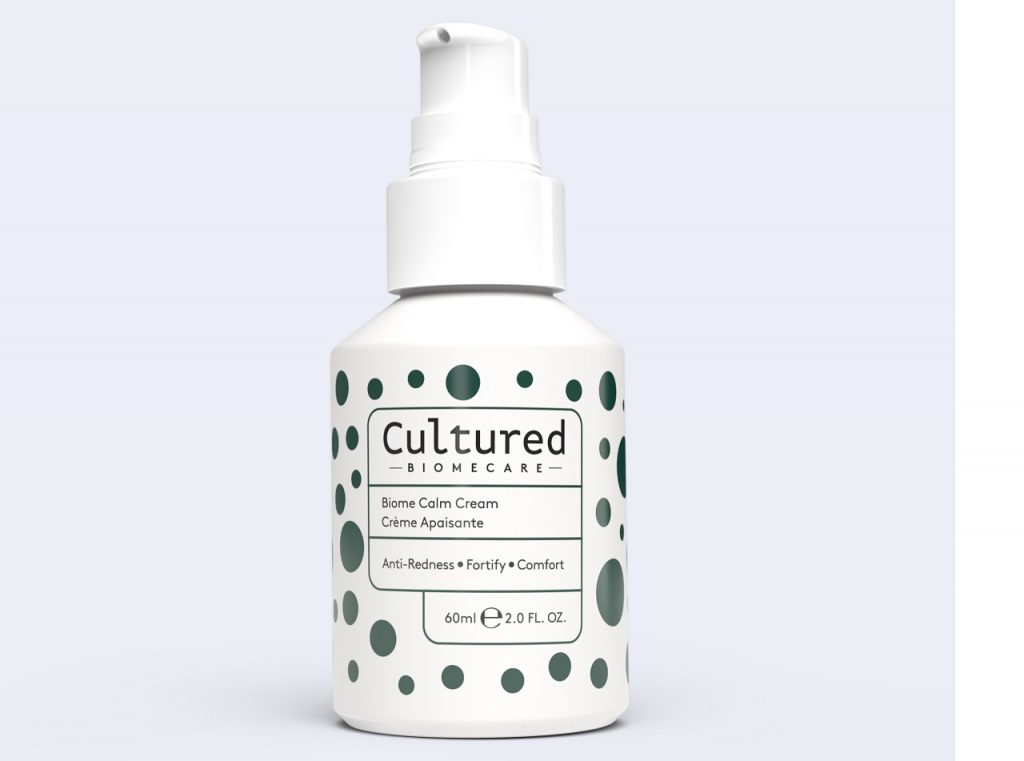The Interview: Tev Finger, CEO and founder, Luxury Brand Partners
Tevya 'Tev' Finger has incubated (and sold) some of the best-known brands in hair and beauty from Bumble & Bumble to Becca and Oribe, and now presides over a portfolio under his Luxury Brand Partners group that currently includes high profile haircare brands R+Co and Bleu. And yet, when he set out on his career in business, he says he had "zero intention" of working in the beauty industry. "In fact," he tells us on a recent trip to London, "it was pretty much the last thing I was going to do."
"I mean if you put a list on the wall of the things I thought I was going to do, it would have been the last. At that point I thought I was going to be maybe a stock broker. I loved business, but I just wouldn't have thought about [beauty]," he says.
However a friend of his family owned a hair salon in New York; that family friend's name was Michael Gordon, the celebrated and rebellious British hair stylist who owned the Bumble & Bumble salon. Finger went to work for Gordon on an internship to learn about business. As well as learning about business, he also learned that the British stopped for tea in the afternoon. "At Bumble the office stopped at 4 O'Clock and you had tea. He had 50 tea pots!" he laughs.
"Michael was a good hairdresser and had a good eye for design and very quickly he had this idea that he wanted to do a product line. I actually told him it was a terrible idea – I mean, I knew nothing! But he said 'no, it's a great idea, it's going to be amazing'. I said 'Michael, who's going to sell it?' and he said 'you're going to sell it!'" Finger explains.
The young intern, as he then was, set about investigating the market and saw that many of the other big brands on the market at that time (the early 90s) were distributor-led but Gordon was adamant he wanted to sell Bumble & Bumble direct to his peers reasoning that as a salon owner he knew the business better than any distributor. So it was up to Finger to jump into his car and go out and sell the product to salons, which he duly did. "I literally set up all the aspects of the business from scratch and I made so many mistakes but I always think of Bumble as my business college and MBA," he explains.
In 2006 the business was sold to global beauty giant Estée Lauder Companies. "At that point, I loved beauty!" says Finger. And it was also then that he decided he wanted to stay in the beauty business, having initially never thought he would, not only because the sale was so successful but because he had developed such a close rapport with the hair salon community. While at Bumble & Bumble he built a business 'university' where every week 200 salons would come through its training programme for five days with Finger acting as the 'professor'.
Having sold Bumble & Bumble he took some time out to consider his next move and was inspired but the success that L'Oréal had been having with its Kérastase line in the same doors as Bumble. The idea came to him to launch a more premium product. "I kind of though that Kérastase was like a European pharmacy brand and the salon owners were looking at it like it was the Rolls Royce of hair products. I thought 'this doesn't make sense to me'. I was also jealous because then they didn't do any education and at Bumble we had to bleed our hearts out with education and it kind of drove me nuts. So that led to Oribe," he explains.
Oribe was the luxury haircare brand that was launched in partnership with the late hairstylist, Oribe Canales, that was launched in the the midst of the global economic trauma of 2008. A shampoo and conditioner set came with an asking price of around $100, when the average haircut in the Bumble salon at that time was $70. It seemed like a huge risk, but Finger reasoned that salons would typically offer three levels of haircare to its customers, one at the more reasonable end of the price range, one in the middle, and one at the high end.
Leveraging the old Bumble network, Finger went out and positioned Oribe as the luxury alternative to Bumble, which was in the middle price bracket. The original business plan for Oribe was that the business would be sold within eight years for $400 million (the original investment was $5 million). The plan worked out pretty much to the letter with the business sold in 2018 for the anticipated sale price to Kao USA.
In anticipation of a successful sale of Oribe, Finger established a 'top company' – Luxury Brand Partners – in 2012 raising $60 million to do so. Oribe became part of the group and remaining funds were used to start new brands. The first new brand under the new group was R+Co, which is effectively a face-off to Bumble & Bumble. It took the same 'anti-establishment' approach as Bumble & Bumble, with quirky branding and product names (including Death Valley, Television and Moon Landing) applied to a high quality product. The R in R+Co relates to the word 'rogue' and the Co is the collective of hairdressers behind it.
"Our goal was to place R+Co next to Oribe in salons. That was our medium to lower price point and then Oribe was the high price point," he explains. For comparison an R+Co shampoo is around £29 while Blue shampoo comes in at £50. "The salons are hugely important. In the States there are 300,000 hair salons which makes any retailer look [small]," he says. "Everybody is focusing on retail but people go to salons and they are going to go to Niemans and other places too to buy it, but the hair salons are the biggest sampling service in the world, so I like to start there. That's why I like to support them. How do we support them? Education."
When Oribe was sold in 2019 it left a gap in Luxury Brand Partners for a high end product, which led to the creation of Bleu (launched in the UK last year), which is centred on high performance ingredients. "We have a thing called Bleu Complex Molecule that has micro pills of sugar polymers that explode and deliver an effect that we pick," he explains, likening the product to the 'Formula 1' of haircare.
As well as performance and technology, Finger was 'obsessed' with the idea that Bleu should be as 'clean' as possible, which covers everything from the ingredients to the packaging. The challenge he faced was to convey a sense of luxury while also using sustainable materials. The packaging for Bleu, which is boxed in rich jewel coloured boxed with gold foil lettering, is "like a Da Vinci work of art" jokes Finger. "I can't tell you all the tricks behind it but like when you look at a Da Vinci picture and there are all these secret things that exist, this is like that. We also wanted it to look beautiful and amazing. The carton is made from 100% recycled paper, the plastics are made from sugar resins and they're also made from 100% already post recycled material. We didn't create any new plastic to make this. I tasked our team to do 100% recycled and it was very difficult."
"The other part that was hard was the fragrance. You can't have all the stuff we talked about and have an average smell," he says. "And the next piece was the goo. That's where we spend a lot of our energy and time. How do you become vegan and gluten free? I'm not suggesting you're going to eat the product but if you do, you're not going to have a problem with that! Then there's UV protection, which is huge. People who dye their hair, which is 70% of the people who buy this, you don't realise that's why your colour is fading. It's because of the sun."
Finger's argument for spending $100 on your shampoo and condition is that it extends your hair colour by two weeks at a time, ultimately you will save money as professional colouring is expensive. "From a business side, it's kind of a no-brainer. Then there's the part of being vegan and high performance. Those two things are about as far apart as possible. It's very, very difficult to accomplish that, but we did it. It's also paraben-free and sulphate-free and petroleum free, so to be all of that and be vegan... I know we're excited about going to Mars as a culture but this is exciting too!" he jokes.
The Bleu products also have a host a of certifications such as Leaping Bunny to vouch for its cruelty-free credentials and PFC-certified board. In addition each package has an info card that once-used, can be planted and grown into wild flowers.
Next in the pipeline is hair colour (for in-salon use) adding a further pillar to the R+Co family, but the bulk of the sales will continue to come from the core R+Co brand. "We've got some huge innovation on the colour side. But core product is still the most important. At the moment R+Co sales are probably as big as Oribe's are now, just on the core product," Finger says.
For someone who didn't intend to go into beauty, Finger seems to have hit on exactly what it takes to incubate successful beauty brands. These days, given the high volume of launches we've seen from personality-led brands, you could be forgiven for thinking that a big name our front is needed to get cut-through, but Finger argues that this isn't necessarily the case.
"We've probably had more exits that any start-up company in the beauty space, which is a crazy thing. We sold Bumble, we sold Becca [to Estée Lauder in 2016, which recently closed the brand], we sold Oribe, we sold Pulp Riot, which is a colour company... and now we've got our roster and a bunch of brands that we'll exit in the next three years or so. Like and R+Co potentially or an IGK (dry shampoo). We have One/Size, which has a very big face in front of it, who is Patrick Starr, a huge influencer.
"I don't think you have to have a big face in front of a brand, but they are great. However I think what you have to have is enough financing, because a lot of companies go out on a shoestring, then launch and pray. The magic really doesn't happen in year one and two and three, it's usually around year four, so you need to have deep resolve, deep business skills and acumen. As I say, we learned a lot from all of the mistakes we made.
"What I would invest more in, than necessarily just a face, is great sales people, great stylists, a great education team, a great warehouse. It's all those things that the consumer isn't necessarily going to see because you are as weak as your weakest link, which could be a lot if you just focus on the face. So many people today are just focusing on a face and I think that's a big mistake."
"I see a lot of people putting all their chips on that face. In DTC, the old version was that you would get the celebrity to do a post and you would see product off the back of that post, but today's DTC is an algorithmic money approach to buying ad words in the background that nobody ever sees. It's really data. I can show you a ton of businesses that are performing at high rate that have no one behind them. It's tough, everything has become harder and you have to do everything really well."
Certainly Luxury Brand Partners appear to do things very well and it's a wonder then that it doesn't keep all the brands it creates and build its own group, in the style of, say, an Estée Lauder Companies. "No," Finger immediately replies to the suggestion, "We love Lauder, we just sell to them. They're our best friends. We're their incubator, they don't have to pay for the hard costs. All of that is embedded in the final exit. We just want those exits to get bigger and bigger. They are way better at taking a brand and taking it global and making it bigger and bigger. There's a place for everybody."
Luxury Brand Partners place, then, is bringing exciting and innovative new brands to market and then letting them fly with a larger parent when the time is right. "We've just figure out how to do that and how to replicate that," says Finger. And by replication, he doesn't mean, pun intended, rinse and repeat. It's about taking learnings from the past and anticipating future trends and putting those together with the right people.
"It's about constantly adapting to the market and the world and to consumers. They constantly change their mind about what's important to them. Five years ago they didn't care about being vegan, now they do. People often say to me 'Tev, are you vegan?' and I say 'Irrelevant, I'm just trying to give people what they want'."

